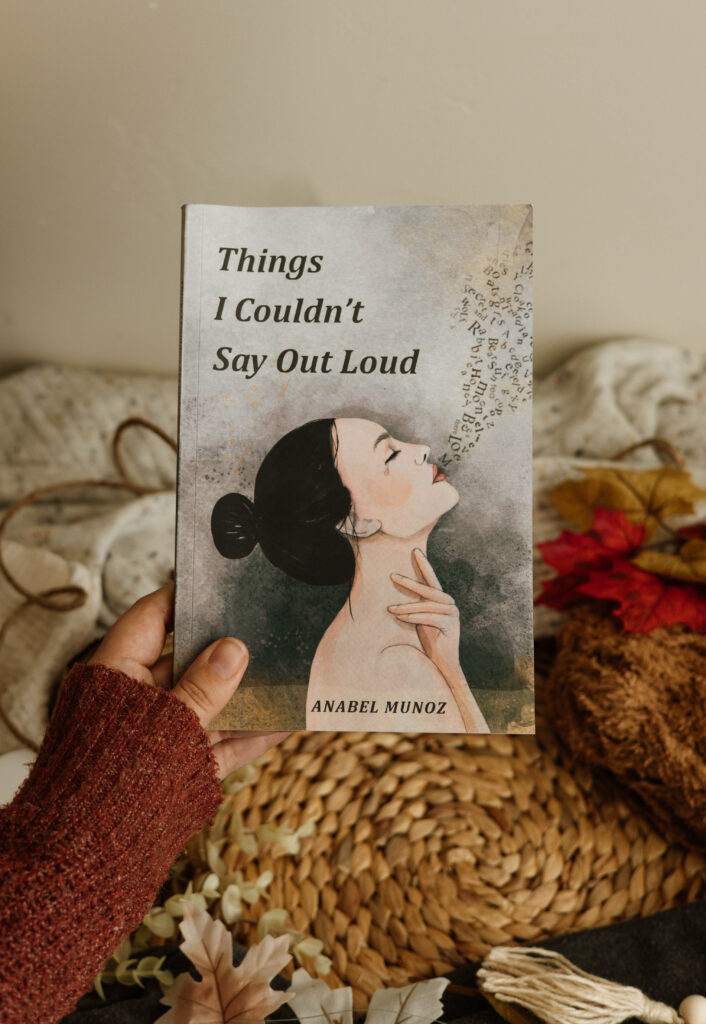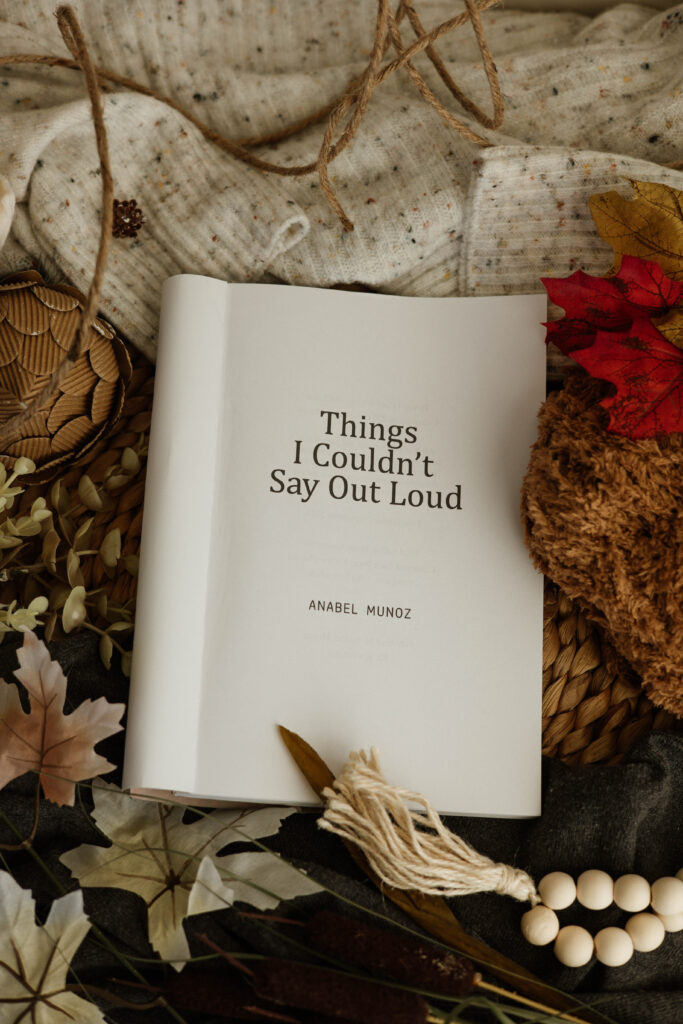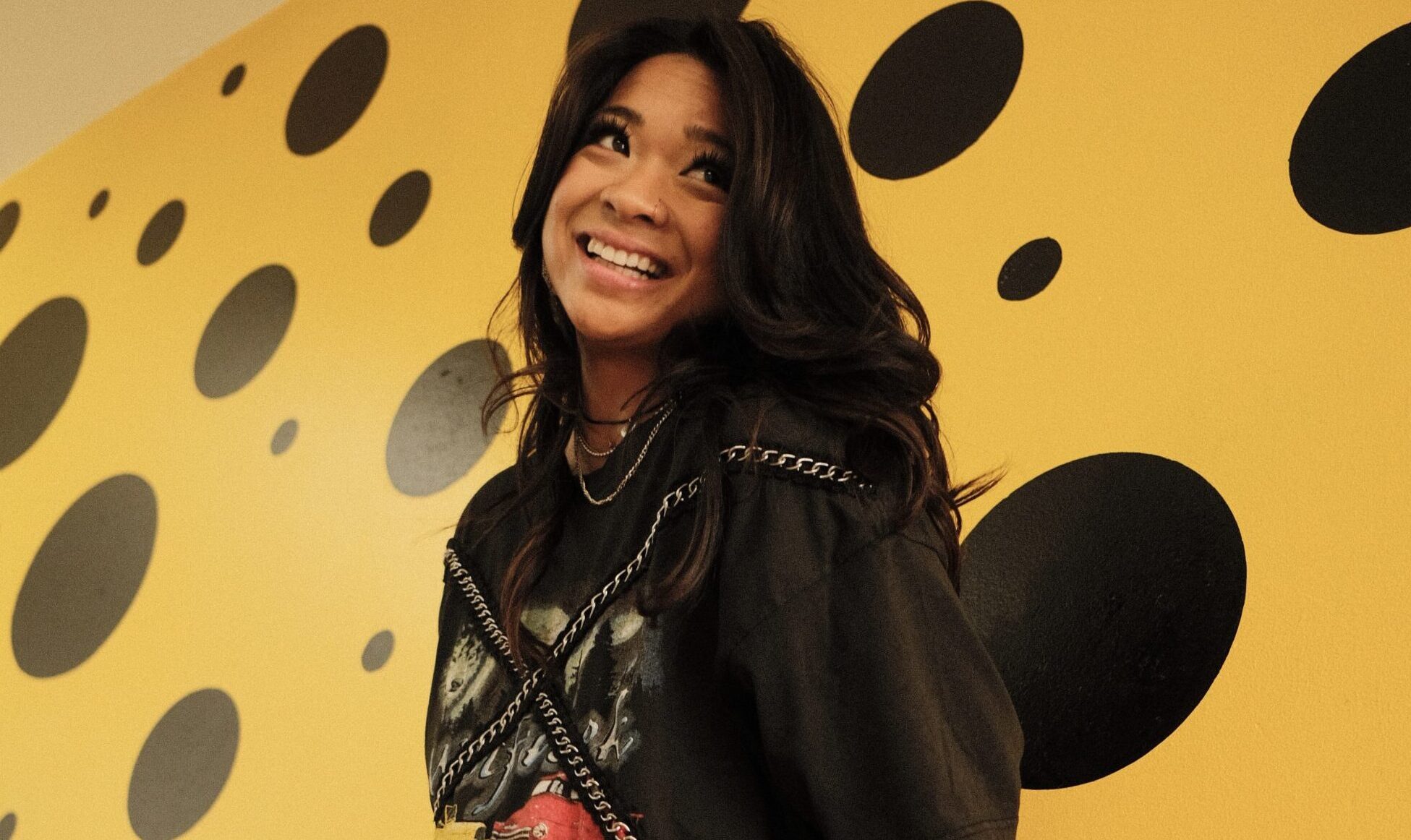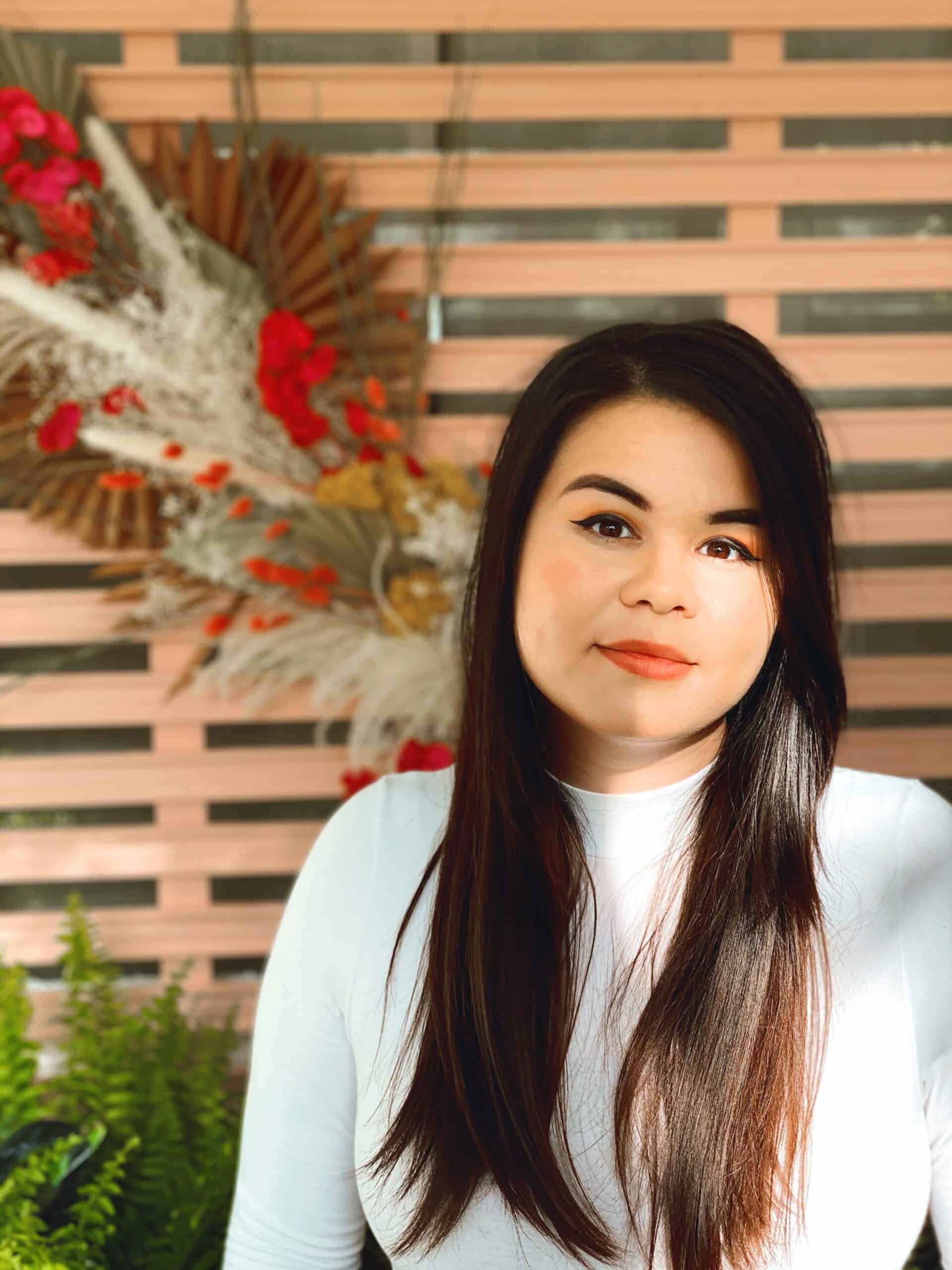In her deeply moving and candid interview, Anabel Munoz opens up about the profound journey behind her book, “Things I Couldn’t Say Out Loud.” Driven by her own struggles with depression and anxiety, Anabel found solace and strength in writing, transforming her darkest moments into a beacon of hope for others. Her book, a poignant collection of poems, serves as both a memoir and a guide, shedding light on the often misunderstood world of mental health. Through her words, she aims to connect with readers, offering comfort and understanding to those facing similar battles, and inspiring them to seek their own paths to healing and self-discovery.
Can you tell us about the inspiration behind your book, “Things I Couldn’t Say Out Loud”?
I’ve always suffered from depression and anxiety. I was going through a really hard/dark time in my life, and I told myself that I’d need to do something I’d never tried before or keep feeling the same way. So I asked myself the question, “what is something you feel passionate about?” and then I realized I had never tried that. I always liked creating through acting and writing. So, I thought I’d start taking acting classes and also writing. I started focusing more on writing and I started writing my feelings about my own mental health issues. One poem became 100 and the next thing I knew was that I had written a book. My inspiration came from my own struggles.
How did your personal experiences influence the themes and messages in your book?
Most of my poems have a story behind them that involves my own experiences. Some of them have incredibles stories I could write an entire book about. I sometimes see my poetry book as a memoir. I wanted to convey my own experiences on purpose, so they could help someone else struggling with the same.
What were some of the struggles you faced while writing about mental health issues?
Sometimes I wasn’t sure if I was being too honest or too vulnerable, but then I told myself that if only one poem could help someone out there, then it was all worth it. It was hard to find the right words sometimes to describe a particular issue, but I think I managed to find them. I also realized the lack of knowledge about mental health issues. We’re so many struggling with this and not everyone understands how we feel or how we process our emotions.

How do you hope your book will impact and resonate with readers, particularly those struggling with similar challenges?
I hope it can help many people and make them feel they’re not alone in their struggles. It’s easy to feel alone on this journey, but I really hope some poems can resonate with some people and they find solace as they read my book.
Can you share a bit about your own journey with mental health and how it has shaped your perspective on life?
I’ve always struggled with mental health, but I didn’t know the name of my issues. As an adult, I’ve learned so much about those struggles and as I learn about them, I’ve been able to find more resources to help me cope with them. Although I still struggle a lot sometimes, I have more resources and I’m more aware now about my own issues, which makes it a little bit easier to deal with. I know now that If I find myself having an emotional crisis, I can go to my resource box and find something that will help me.
What advice do you have for other women who may be dealing with mental health issues and are hesitant to speak out or seek help?
Something I’ve learned throughout the years is that in order to heal you need to feel. Numbing yourself won’t solve the root problems of your struggles. It’s really hard to let yourself feel because it feels too much sometimes, but therapy has helped me so much and holistic medicine has helped me as well. I think it’s about looking and finding something that works for you. Although therapy is the most common resource out there, there’s also other ways to help yourself thrive. So, I’d start with asking yourself if you’re ready to find those resources to help you. Another thing I’ve learned throughout the years is that I don’t have to do this alone. I tend to isolate myself a lot but that only has caused more pain. Don’t do it by yourself, find help.
In what ways has writing and creating this book been therapeutic or healing for you?
As I was writing this book I found it to be very therapeutic. The more I wrote, the more I healed. It didn’t solve all of my problems though, but it allowed me to vent through writing and that made me feel relieved and happy. I’m not good at expressing myself verbally, so I found something that would help me express myself and let my emotions and feelings out in a different way.

What role does self-care play in your life, especially as a writer and someone advocating for mental health awareness?
I think I’m still learning to self care. It’s a long and continuous journey but, as I mentioned above, I’m more aware of self care today as an adult than when I was a teenager. I’m learning that self care not just means being compassionate with yourself, especially in those difficult moments, but also rewarding yourself when you reach a goal, looking at yourself in the mirror and accepting you as you are, understanding that I will make mistakes and that’s okay, etc. There are many forms of self care.
Can you describe a moment or experience that was pivotal in your decision to share your story through this book?
I might have answered this question already but the pivotal moment was that time when I asked myself if I wanted to keep feeling this way for the rest of my life. The thought of not being able to bear this for the rest of my life, which meant to end my life at the moment, made me actively look for something that will make me feel a small light inside my soul. My book/writing was that light.
How do you balance vulnerability and privacy when sharing personal stories in a public forum like a book?
This is such a good question and I’ll be 100% honest. I don’t think I balanced it. I just wrote. When my book was finished, I went back to read it and found that I was very vulnerable, which kind of scared me. So to make it a little bit more bearable, I created three sections within my book. They’re called Past, Present, and Future. As you start each section, I explain why I wrote what they’re about to read, which I think makes it easier to understand and makes it more intimate to read.
What do you hope readers take away from your book in terms of understanding mental health struggles better?
I hope they understand, especially those who don’t suffer from this, what and how we feel. Our minds work in different ways because of our brain chemical imbalance (lack of dompanie, serotonin, etc.). I hope people can understand how dark sometimes this feels. On the other hand, I want people struggling with this to know that there’s hope. It isn’t easy, but there’s light at the end of the tunnel.
How has your perspective on mental health evolved throughout the process of writing and publishing your book?
I was able to get to know myself better and understand my thoughts in a better way. I think my eyes were wide open after I wrote my book. I wanted to advocate more about this topic and teach what I’ve been through. As I was writing about a specific topic, I had to give it more thought than I usually do, do that helped me to go deep into my emotions and find the root behind it. Therefore, I was able to start looking for ways to heal that specific issue. All this brought me more knowledge about mental health and the desire to speak up about this.
Are there any specific resources or support networks you recommend for individuals dealing with mental health challenges?
I’ve found many free websites, resources, and tools along the way. I share all this on my website under the “Mental Health” tab. Some of those are free meditations, mental health podcasts, articles, books, etc. I think each one of these contributed to my well being and they still do. www.routineaway.com
What future projects or initiatives are you excited about in relation to mental health advocacy or storytelling?
I have many future projects in mind like creating podcasts to talk about mental health resources and people’s stories. I’ve always thought that hearing other’s stories helps a ton to create awareness and understand we’re not alone in our struggles. I’d love to write more books about this topic and share with everyone as well.
15. Lastly, how can readers connect with you, your work, and stay updated on your journey?
You can follow me on Instagram as @write.arte (this is my book IG), @anabelpazmp (this is my travel/personal IG), and my website www.routineaway.com
The link to my book is on my boo IG






